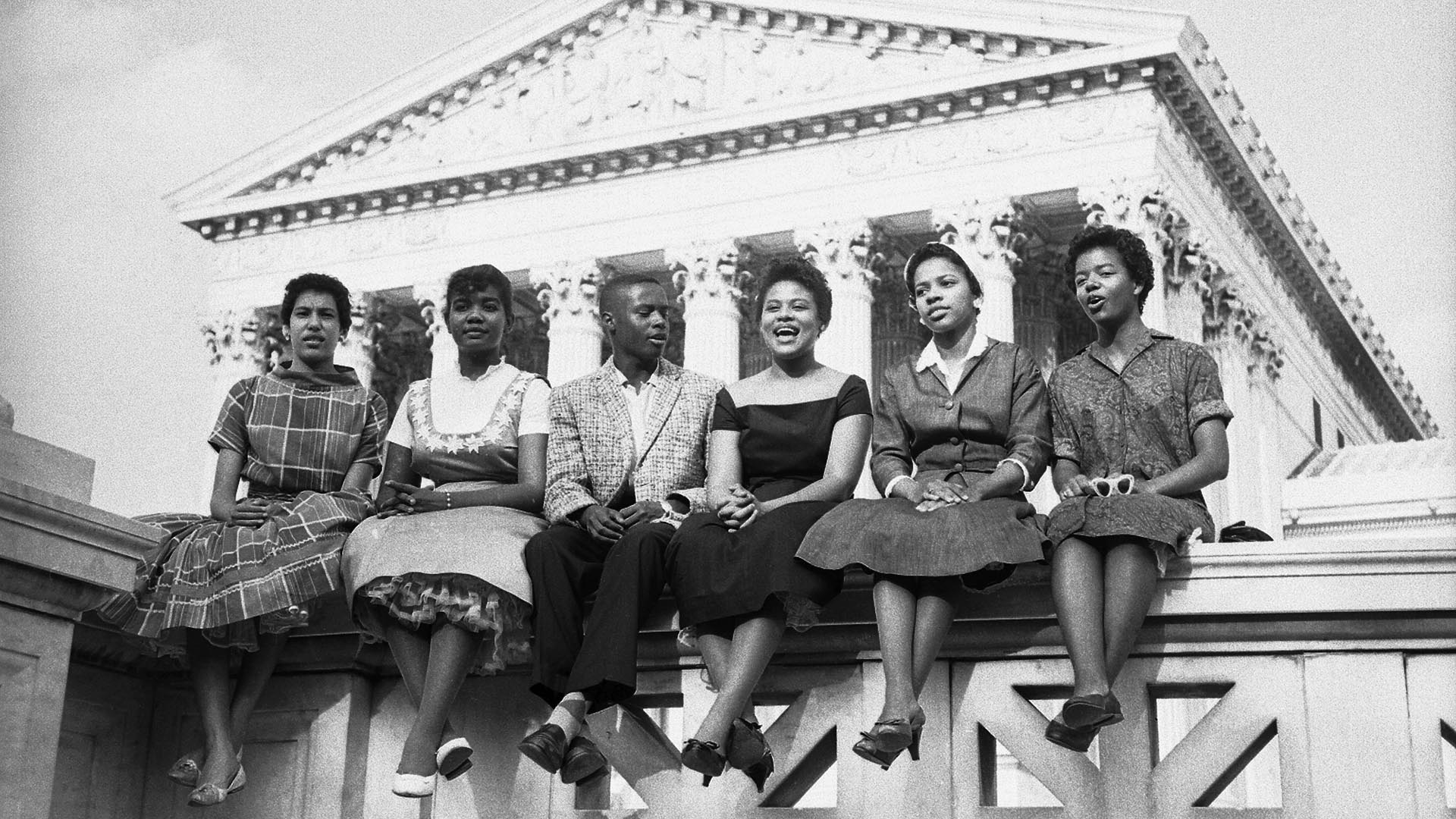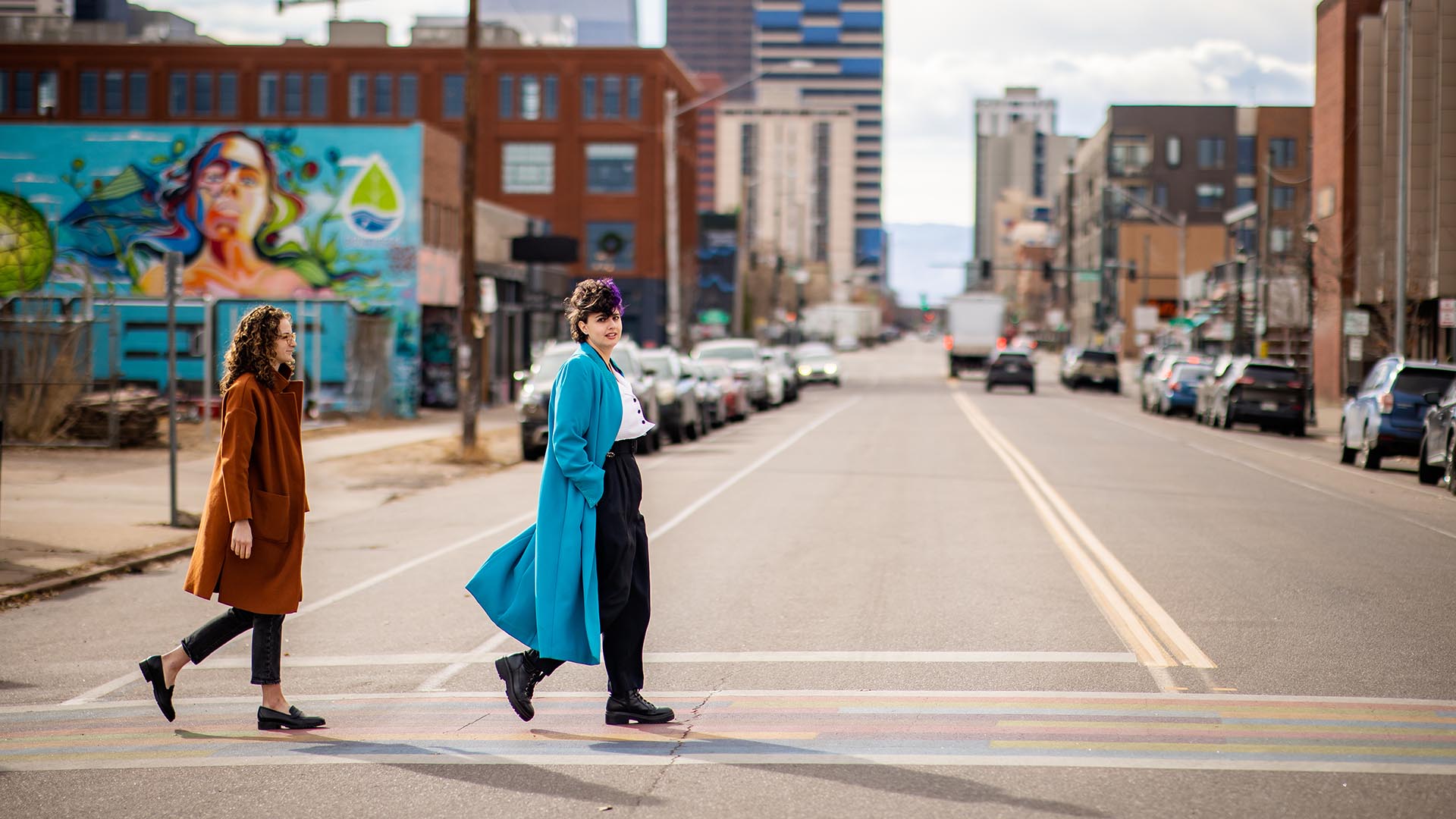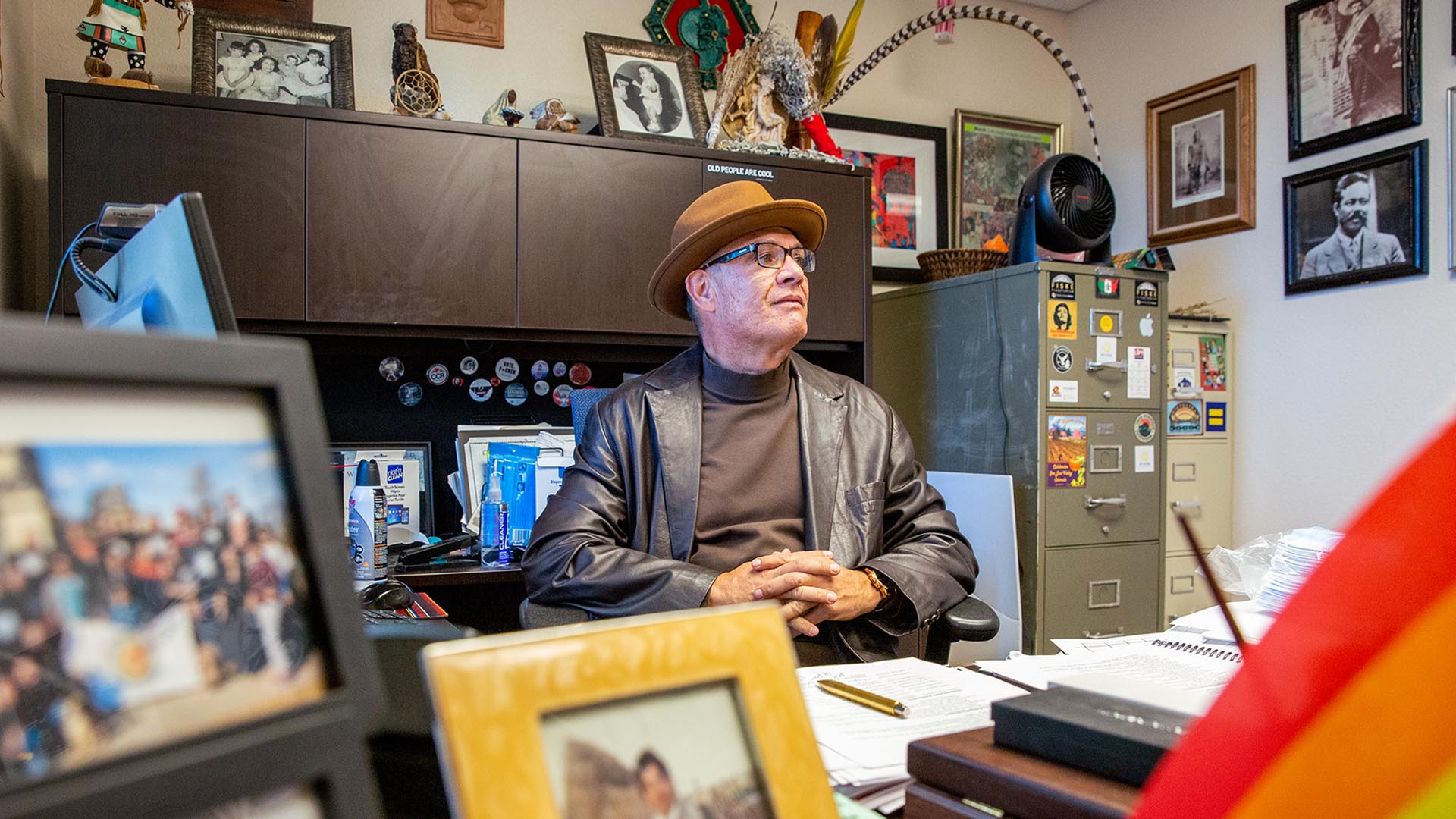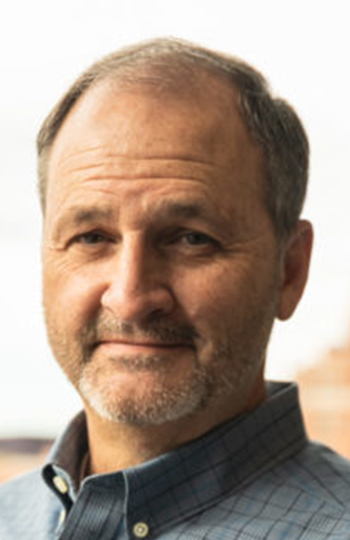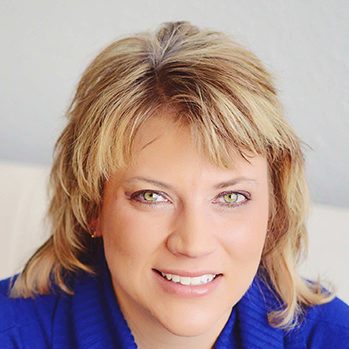Building relationships – not walls – in Mexico
What happens when 10 students from the U.S. and 10 from Mexico collaborate on an engineering project? They change the world.
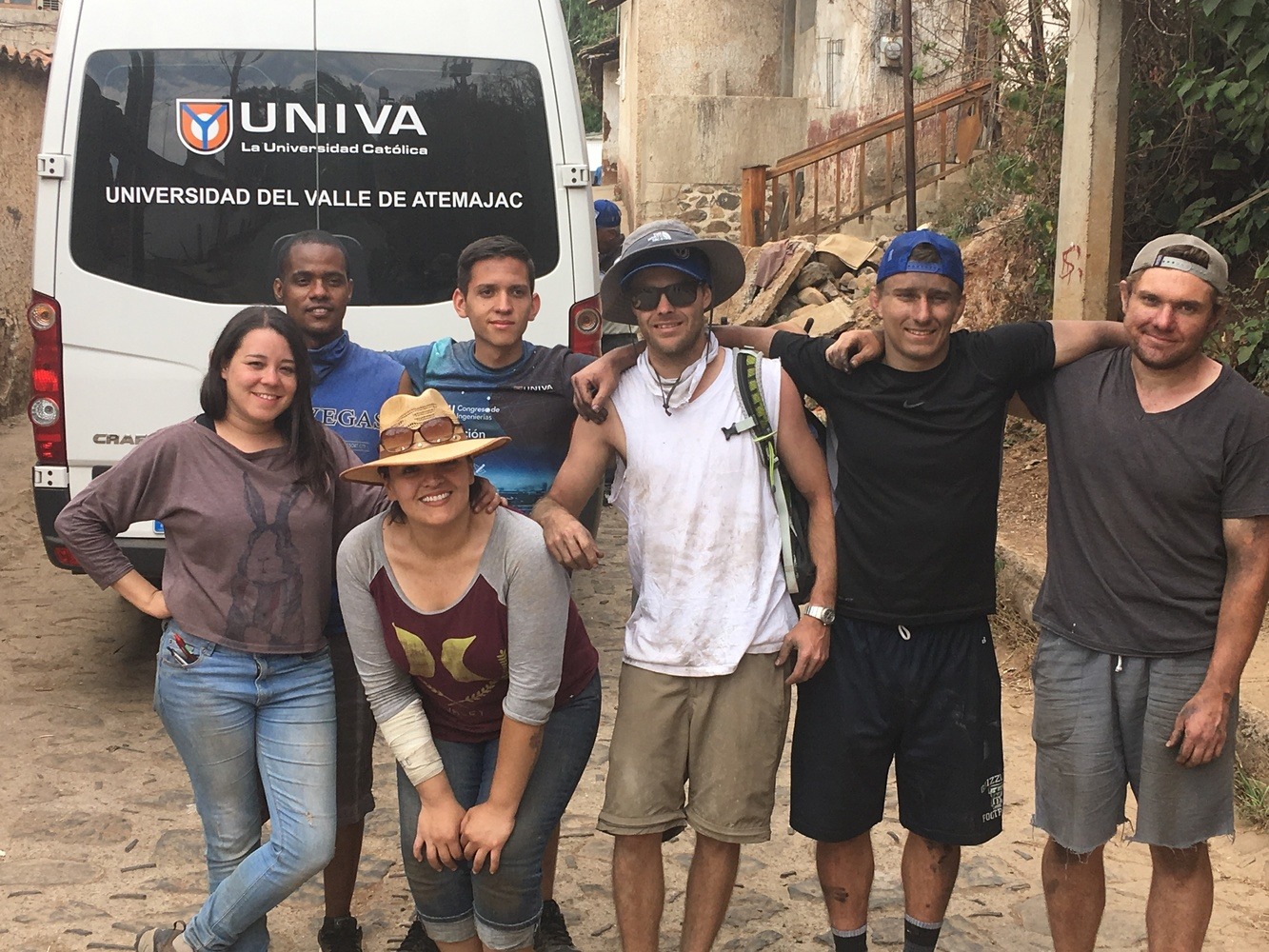
You can use engineering to build walls. But you can also use it to bring walls down.
That was the top takeaway for 20 engineering students – 10 from the United States and 10 from Mexico – who spent a month together this summer, learning how to use their technical skills to benefit vulnerable communities, while also breaking down misconceptions between cultures.
This perception-shifting collaboration was developed by MSU Denver and the Universidad del Valle de Atemajac and funded by a State-Department grant from the 100,000 Strong in Americas fund.
The project included two cross-border trips. In May, MSU Denver students went to Guadalajara, Mexico, for two weeks of cross-disciplinary classes, service projects and cultural immersion. In June, UNIVA students came to Denver for a similar learning experience.

The theme of the 4-week-long program was humanitarian engineering.
“Right now, 90 percent of the engineering done in the world benefits only 10 percent of the people who live in it,” said Aaron Brown, an associate professor in the Mechanical Engineering Technology Program at MSU Denver. “The idea of humanitarian engineering is to use basic techniques and technology to improve the well-being of people in the more marginalized communities.”
Brown said that working with the community to understand its needs is essential to the process.
During their time in Mexico, students applied humanitarian engineering principles in Atemajac de Brizuela, a disadvantaged mountain community about 40 miles outside of Guadalajara. The village has a previously established relationship with UNIVA.
In one home, students noticed there were thick layers of soot on the walls of the kitchen. The room was partially outdoors, but had a roof over it that was capturing the cook-fire smoke.
To help with air quality in the home, students designed a basic chimney using a double-roof structure, so that smoke could escape, while keeping the room fully covered.

At a local elementary school, the team designed a rain catchment system and storage container to help with water conservation. They also built raised-bed gardens using 1-liter soda bottles they collected around the village. The gardens will be used to teach local children about nutrition.
“I tell my students that one week of work can change a community for a generation,” said Brown. “And if you uplift communities, one by one, you can uplift the whole world.”
The visit to Atemajac de Brizuela was a highlight for Aaron Gross, a sustainable-systems engineering major at MSU Denver and veteran of the U.S. Marine Corps. He hopes to do similar work when he graduates in 2019, using his problem-solving skills to improve people’s lives, possibly in international development.
Gross and several of his classmates in the newly minted Humanitarian Engineering Club plan to return to Mexico in December to continue their project in Atemajac de Brizuela. They’ve already begun design work on a bio digester, which will convert animal waste into natural gas that can be used to power generators. The ultimate plan is to install that technology on a farm they visited during their trip.

Beyond that visit, Brown is working to solidify the relationship between MSU Denver and UNIVA. His hope is that the universities will sign a memorandum of understanding this spring, which will help facilitate future learning exchanges and open up opportunities for shared research between faculty.
Perhaps the most remarkable outcome of the experience was the one that was least expected – the intense bond created between the students.
Gross said he has become very close with the UNIVA students. One student told him that the MSU Denver group defied their preconceived notions of what people from the U.S. would be like.
“This was an important trip, given the time we live in, when we hear so much negative stuff about each other’s countries,” he said. “All it took to change that perception was to spend some time together. We are all just people, and most people want to help the disenfranchised or marginalized. If you work together, you can make amazing things happen.”



